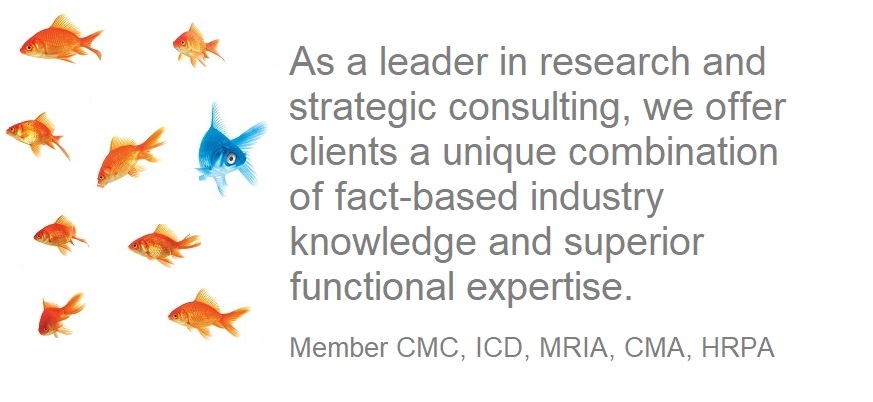
An Arcus study on the Puzzle of Motivation discusses the science of motivation and the limitations of traditional carrot-and-stick approaches in the workplace. Here’s a summary of the key points:
Traditional Motivation Methods:
The study begins by highlighting the traditional approach to motivation, which relies heavily on rewards and punishments. This model, based on extrinsic motivators, suggests that if-then rewards can improve performance and drive behavior.
Intrinsic Motivation:
The study introduces the concept of intrinsic motivation, which comes from within and is driven by autonomy, mastery, and purpose. It argues that intrinsic motivators are more effective in the long term and lead to higher levels of engagement, creativity, and satisfaction.
Autonomy:
The study emphasizes the importance of autonomy, or the desire to direct our own lives. It explains that giving people control over their work, including how, when, and where they do it, fosters motivation, productivity, and innovation.
Mastery:
The study discusses the desire for mastery, or the urge to get better at something that matters. It suggests that providing opportunities for employees to develop their skills and pursue mastery leads to greater engagement and satisfaction.
Purpose:
The study explores the significance of purpose, or the feeling that our work matters and contributes to something larger than ourselves. It argues that connecting employees to a meaningful purpose inspires motivation, resilience, and a sense of fulfillment.
Results of Experiments:
The study shares research findings that challenge the effectiveness of extrinsic motivators. It discusses studies that demonstrate how if-then rewards can undermine intrinsic motivation, reduce creativity, and lead to short-term thinking.
Three Elements of Motivation:
The study concludes by summarizing the three elements of motivation: autonomy, mastery, and purpose. It suggests that businesses need to rethink their approach to motivation by focusing on intrinsic motivators rather than relying solely on extrinsic rewards.
Overall, the study presents a compelling argument for reevaluating traditional approaches to motivation in the workplace. The study highlights the importance of autonomy, mastery, and purpose in fostering motivation, engagement, and satisfaction among employees. By understanding the science of motivation, businesses can create environments that support intrinsic motivators and unleash the full potential of their teams.
Services

Arcus offers clients a unique combination of fact-based industry knowledge and superior functional expertise. Our consultants have an average of over 22 years experience, twice the industry average. Find out more about our growth, change management and operations services.
At Arcus we believe that a strategy is only as good as the results it delivers. Strategic outcomes are most predictable and effective when companies develop a portfolio of initiatives that are aligned with core competencies and aligned activities enable the company to offer a superior value proposition.
Please contact Arcus for case studies and to discuss how we can help you.
Service coverage
The variety, breadth, and depth of the projects where Arcus can be a resource are made unique by each client’s specific needs. By providing a very small sample of projects we’ve completed, we can help you understand how and when to use our services. Visit the links below to find out more about a specific problem or opportunity you would like to address.
Below is a sample of the range of services that Arcus has provided to clients.
- A survey of 2,350 consumers and 1,320 business leaders for feedback on sustainability trends
- Architecting a multi-year change strategy for a Fortune 500 company
- Mentoring a CEO on organizational change
- Excellence transformation of a leading B2B services company
- Creating a new sales deployment model for a healthcare company
- Developing a position evaluation and compensation model for a professional medical association
- Improving services to customer segments by deepening their understanding of customer attitudes
